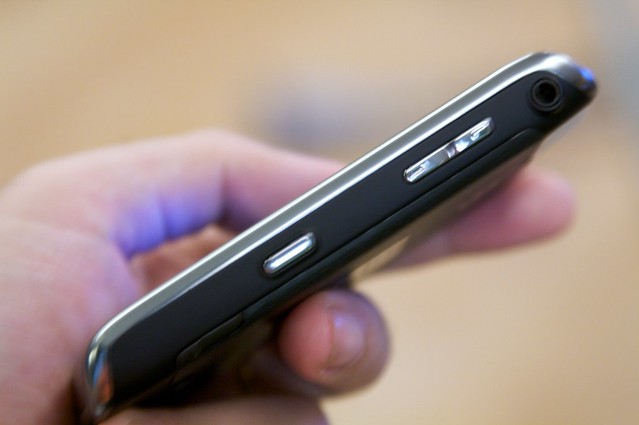South Africa's Great Cell Phone Rip-Off
Cell phone technology hit the streets at about the same time we had a change in government. While the ANC applied itself to social upliftment, cell phone service providers took the gap and made whoopee.

The fees they charged to connect to another network rose from 25c to R1.25 – that's a massive 400% increase. Between them, they made a tidy R10 billion a year out of what some call a scam.
If South Africa had spent that money on RDP houses instead, we could have helped 25,000 extra families every year for a decade. Remember this when mobile service-providers make out they are squeaky clean.
Fortunately for us, the government finally woke up, and reduced the MTR rate (or mobile termination rate) to 40c. This put billions of rands back in our pockets. Judging by their fancy offices and showrooms, there is still some slack in cell phone company budgets. By 2016, MTR rates will be down to 10c, thanks to interventions by South African communications regulator ICASA.
However this only helps with part of the problem. Cell phone cost start-up sleuths Tariffic have discovered that:
- Cell phone call costs are anywhere between 5c and R2.80 per megabyte
- Data transfer can cost anything between 5c and R 2 per megabyte
- Some phones are terrible when it comes to how they handle data
- Not all smartphones have free internet access and data downloading
So there you have it in a nutshell. All the while we were thinking that our cell phone providers were dumping ancient technology with their contracts, we were wrong. Some of their phones are so data-inefficient that it is almost as if they chose them deliberately. Of course, I am not saying they did that, just wondering as you may be wondering too.
Writing in the Sunday Times on October 27th, Arthur Goldstruck commented that, “... further MTR cuts will be dwarfed by the savings ... from users optimising their cell phone bills”. The problem starts when we walk into a cell phone shop to pick up a new contract phone. While the salesperson will convince you to buy the sexy good looker you are considering, they are highly unlikely to be able to answer questions about data-efficiency. Or mention that with a contract you could pay four times over for your new phone.
I discovered a useful source of information at Digital Trends. I hadn't previously realised that choosing the right contract with the right data plan is so important. As might be expected, every provider uses a different approach. No wonder South Africans choose their cell phones like their partners. And that's on the basis of their looks.
According to the experts as quoted by Arthur Goldstruck, it took them two whole long years to develop an algorithm to figure out what is really going on.
They discovered that the South African cell phone market is different from first world countries, in that you need to know all of the following before you can try to make a comparison:
- Network
- Voice package
- Data package
- In bundle rate
- Out of bundle rate
The experts went on to report that there are over 9,700 possible permutations. What chances have you and I of competing with these massive corporates.
If you are half as hopping mad about this as I am, then you will be glad to know that the launch of Tariffic had the coffee cups rattling on a few boardroom tables. Corporates are big business in the South African cell phone market. According to Tariffic, they could cut the average cell phone bill by between 30% and 50% and that is a huge pile of money.
Unfortunately, this information is not available to you and me at present. That's fair enough. Tariffic have a right to recoup their development costs first, and charge for their services. However, it should not be too long before more meaningful reviews hit the streets, and contract holders can start making rational decisions.
In my opinion, the smartest way to avoid all these hassles is to buy data and airtime on the go, and pay once for a data-efficient cell phone by buying it at CNA, Edgars or GAME. Do your research before you sign.
Image Source:1
